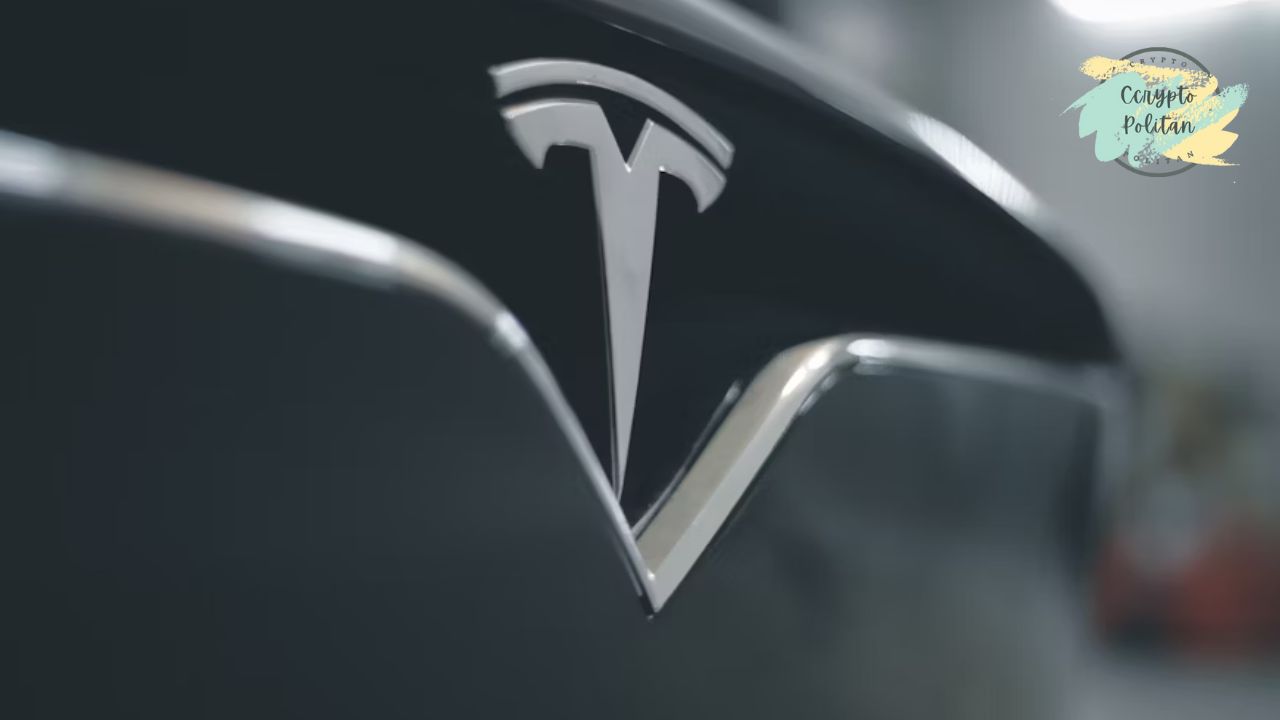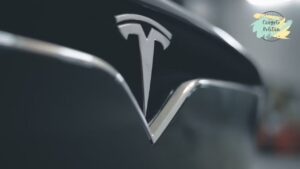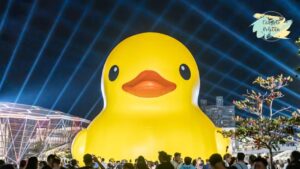The saga of Elon Musk’s record-breaking $56 billion compensation package from Tesla is approaching its climax. A years-long legal battle, which has questioned the very foundations of corporate governance and executive pay, is now before the Delaware Supreme Court. This week, his attorneys will make a final plea to reinstate the colossal pay plan. The court’s decision will have ripple effects not only for Musk and Tesla but for corporate America at large.
This article will explore the intricate details of this landmark case. We will cover the origins of the 2018 compensation plan, the shareholder lawsuit that overturned it, and the current appeal that could change everything. We’ll also look at Tesla’s backup plans and the broader implications of this high-stakes legal fight.
The $56 Billion Question: Musk’s 2018 Compensation Plan
In 2018, Tesla shareholders approved an audacious performance-based compensation plan for CEO Elon Musk. The package, valued at an unprecedented $56 billion, was entirely contingent on Musk achieving a series of monumental goals. It was structured to reward him only if he could steer Tesla to meteoric growth, tying his success directly to that of the company’s investors.
The plan laid out ambitious targets for both market capitalization and operational milestones. To unlock the full package, Musk had to increase Tesla’s stock market value by hundreds of billions of dollars while also hitting specific revenue and profitability goals. The structure was composed entirely of stock options, meaning Musk would only profit if shareholders did first.
Tesla’s lawyers argue that the plan worked exactly as intended. They point out that under Musk’s leadership, the company’s value grew by approximately 1,400%, creating immense wealth for stockholders who retained over 90% of that growth. From their perspective, the pay package was a fair and powerful motivator that fueled one of the most remarkable corporate success stories of the century.
A Shareholder’s Challenge and a Shocking Ruling
Despite widespread shareholder approval, the plan faced a legal challenge that would shake Tesla to its core. In 2018, Richard Tornetta, a Tesla shareholder who owned just nine shares, filed a lawsuit. He alleged that the process for creating and approving the $56 billion package was deeply flawed.
Tornetta’s lawsuit claimed that Musk wielded improper influence over the Tesla board members who were supposed to negotiate on behalf of shareholders. He argued that the directors were not truly independent and failed to conduct arm’s-length negotiations, resulting in a pay deal of “unfathomable” scale. The suit accused Musk and the board of breaching their fiduciary duty to act in the best interests of the company and its investors.
In a stunning decision in 2023, Delaware Court of Chancery Judge Kathaleen McCormick sided with Tornetta. She ruled that the process was compromised by Musk’s dominance over the board, which undermined the fairness of the negotiations. Judge McCormick found that the disclosures to shareholders were inadequate and ordered Tesla to rescind the entire $56 billion plan.
In response, Tesla put the same pay package to a second shareholder vote in 2024, where it passed again by a large majority. However, Judge McCormick rejected this move, stating that a re-vote did not constitute the new, fairly negotiated plan she had ordered.
The Final Appeal: All Eyes on the Delaware Supreme Court
The legal battle has now reached its final stage. Musk has appealed Judge McCormick’s ruling, and the case is before a five-justice panel of the Delaware Supreme Court. His attorneys are arguing for the reinstatement of the 2018 compensation plan, asserting that it was a legitimate and effective corporate decision that drove shareholder value.
The Supreme Court faces a critical decision. The justices will review whether the original pay package was a product of fair dealing or the result of undue influence and poor disclosure. Their ruling could go one of two ways:
- Reinstatement: If the court finds that the plan was fairly negotiated and approved, it could overturn the lower court’s decision and reinstate the $56 billion package.
- Affirmation: If the court agrees with Judge McCormick’s findings, it will affirm the ruling that struck down the plan, forcing Tesla back to the drawing board.
Adding another layer of complexity, the court will also review the $345 million legal fee awarded to Tornetta’s attorneys, a sum derived from the value of the voided pay package.
What’s Next for Musk’s Pay?
Tesla is not waiting idly for the court’s decision. The company has already prepared for the possibility of losing the appeal. In August, Tesla announced it had reached an agreement for a replacement compensation deal should the 2018 plan be permanently voided. While details are part of a broader strategy, it’s clear Musk could still receive tens of billions in stock-based compensation.
Furthermore, Tesla’s board has proposed a new, long-term compensation package for Musk that is arguably even more ambitious. This new plan, which could potentially make him the world’s first trillionaire, mirrors the performance-based structure of the 2018 deal. However, it introduces new targets tied directly to Tesla’s evolving business model. These benchmarks include:
- The number of subscribers for its “Full Self-Driving (Supervised)” software.
- The successful deployment of a fleet of robotaxis.
- Overall financial performance metrics.
Shareholders are scheduled to vote on this new trillionaire-level plan at Tesla’s annual meeting on November 6. Even if some of the most futuristic goals, like fully autonomous driving, are not achieved, analyses show Musk could still earn billions under the proposed structure.
The “Dexit” and the Future of Corporate Law
The Tesla legal battle has had consequences extending far beyond its own boardroom. Judge McCormick’s ruling sent shockwaves through the corporate world, raising concerns among executives and board members about Delaware’s legal environment. For decades, Delaware has been the preferred state of incorporation for a majority of public companies due to its predictable and well-developed body of corporate law.
Following the decision, a trend known as “Dexit” emerged, with several high-profile companies moving their corporate registrations out of Delaware. Musk himself led the charge, with Tesla shareholders voting to re-incorporate in Texas. Other companies, like Dropbox and venture capital firm Andreessen Horowitz, have also moved to states like Nevada and Texas, where shareholder lawsuits challenging board decisions are often less successful.
This exodus prompted Delaware lawmakers to act swiftly, amending corporate statutes to reassure companies and stem the tide of departures. The incident has sparked a national conversation about corporate governance, shareholder rights, and the balance of power between visionary CEOs and the boards that oversee them.
As the Delaware Supreme Court prepares to issue its final verdict on Elon Musk’s $56 billion payday, the corporate world watches with bated breath. The outcome will not only determine the fate of the largest executive compensation package in history but will also set a lasting precedent for how American companies are governed for years to come.









